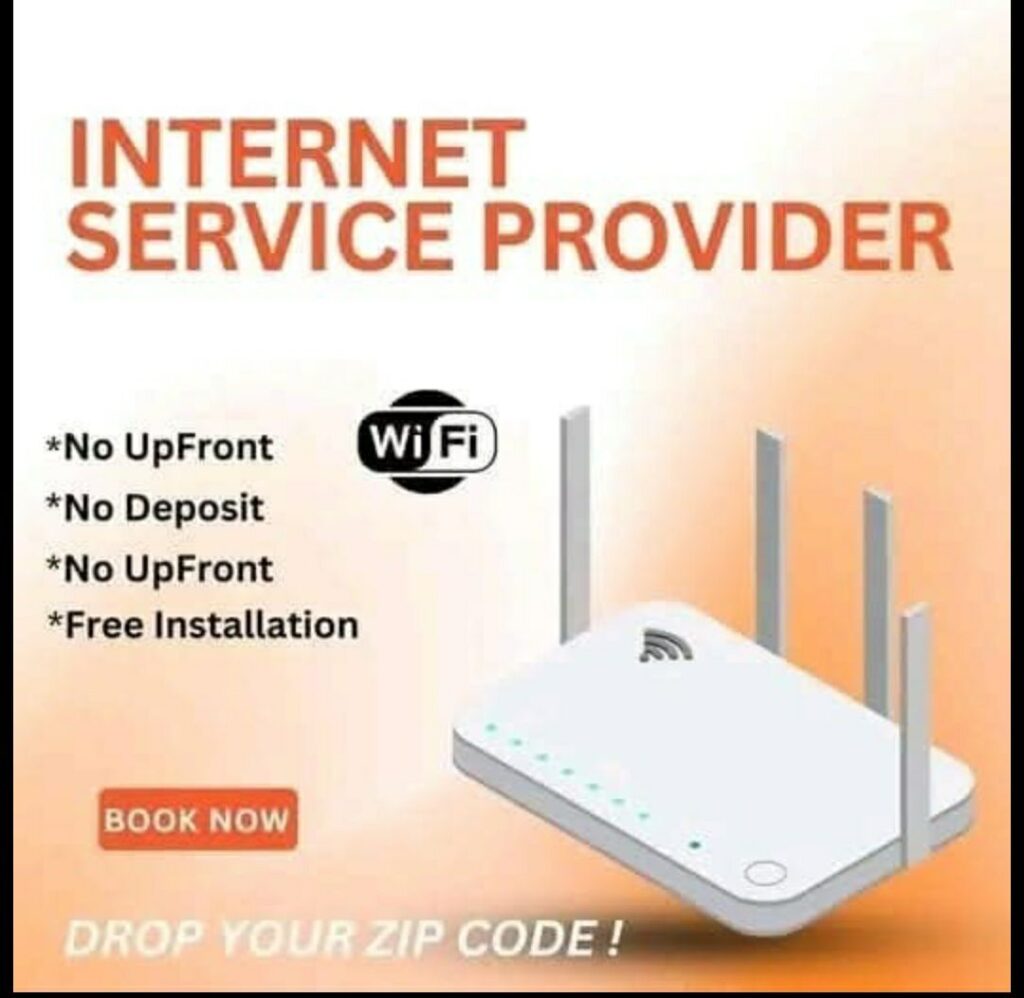Uses of the Internet??

The Uses of the Internet: A Gateway to a World of Opportunities
The internet has revolutionized the world in unprecedented ways. From transforming the way we communicate to reshaping industries, the internet has become a fundamental aspect of modern life. Its uses are vast, and the rapid pace at which technology evolves means that new ways of utilizing the internet are constantly emerging. Whether for personal or professional purposes, the internet offers countless benefits and opportunities. In this article, we will explore some of the most common and transformative uses of the internet and their impact on society.

1. Communication and Social Interaction
One of the most significant uses of the internet is communication. Traditional forms of communication like letters, landline phone calls, and face-to-face meetings have been greatly enhanced by digital technologies. With the rise of the internet, staying connected with others has become instantaneous, irrespective of geographical distance. This has been a game-changer in both personal and professional spheres.
Email and Instant Messaging
Email has become the standard for formal and professional communication. With just a few clicks, individuals and businesses can send messages, documents, and files to anyone, anywhere in the world. For more immediate interactions, instant messaging platforms such as WhatsApp, Telegram, and Facebook Messenger allow real-time conversations, making it easier to stay in touch with family, friends, and colleagues.
Social Media
Social media platforms like Facebook, Twitter, Instagram, and LinkedIn have further enhanced online communication. These platforms allow users to share experiences, ideas, photos, and videos. They also provide a space for networking and building relationships, both personally and professionally. Through platforms like LinkedIn, users can connect with professionals in their field, while Facebook and Instagram offer personal connections that span the globe.
Video Calling and Conferencing
The advent of video calling has completely changed the way people interact. Tools like Zoom, Skype, Google Meet, and Microsoft Teams have become essential for both personal and professional communication. Especially in the context of the COVID-19 pandemic, video conferencing became a lifeline for remote work and education. People could now attend meetings, engage in social events, and even participate in virtual family gatherings from the comfort of their homes.
2. Education and E-Learning
The internet has also transformed education. The concept of learning has evolved from traditional classrooms to an almost entirely digital landscape. Today, education is no longer confined to physical spaces, and anyone with an internet connection has access to educational resources from around the world.
Online Learning Platforms
There has been an exponential growth in online learning platforms. Websites like Coursera, Udemy, edX, and Khan Academy offer free and paid courses on a wide range of topics, from computer science to literature, business, and the arts. These platforms provide flexibility in terms of timing, course duration, and location, making learning accessible to people across the globe.
In addition to established institutions offering online degrees, countless independent educators and subject-matter experts provide specialized knowledge, making it possible for individuals to gain new skills and further their education at their own pace.
Educational Resources and Research
The internet has made it easier for students and researchers to access academic papers, journals, books, and other scholarly resources. Websites like Google Scholar, JSTOR, and PubMed have become indispensable tools for finding reliable, peer-reviewed information. The abundance of online resources has empowered students and professionals to deepen their knowledge and carry out independent research without the need for a physical library.
3. Entertainment and Media Consumption
Entertainment is another major use of the internet. Gone are the days when people relied solely on television or radio for their entertainment needs. The internet has provided a new, dynamic way for people to access media, whether it be through streaming services, online gaming, or digital content creation.
Streaming Services
Platforms such as Netflix, Amazon Prime, Hulu, and Disney+ have fundamentally changed how we consume television and movies. With a vast library of content available at the click of a button, viewers can watch shows and films from anywhere at any time. Streaming services have also given rise to original programming, such as Netflix’s Stranger Things or Amazon’s The Marvelous Mrs. Maisel, which have garnered massive audiences globally.
Music Streaming
Music streaming services like Spotify, Apple Music, and YouTube have allowed music lovers to listen to their favorite songs from anywhere at any time. These platforms offer personalized playlists, podcasts, and recommendations based on users’ listening habits, making music consumption highly tailored and accessible.
Online Gaming
Online gaming has become one of the fastest-growing sectors of the entertainment industry. Games such as Fortnite, League of Legends, and Minecraft offer multiplayer experiences that connect players from all corners of the world. The internet has allowed for a social aspect of gaming that was once limited to in-person interactions, as players can now compete, collaborate, or just have fun with friends online.
4. E-Commerce and Online Shopping
One of the most transformative uses of the internet has been in the realm of shopping. E-commerce has dramatically reshaped how people buy and sell goods and services. Platforms such as Amazon, eBay, and Etsy have become go-to marketplaces for everything from electronics to clothing, groceries, and handmade crafts.
Convenience and Accessibility
The ability to shop from the comfort of one’s home and have products delivered to your doorstep has revolutionized consumer behavior. People can now shop for items at any time of day or night, without being restricted by store hours. E-commerce websites also provide easy access to customer reviews, which help shoppers make informed decisions about their purchases.
Global Reach
Online shopping has broken down the barriers of geography. Consumers can purchase products from sellers across the world, which has expanded their choices and brought products from different cultures and regions to their doorstep. Similarly, businesses have the opportunity to reach global markets, helping them expand their customer base and increase revenue.
5. Work and Remote Employment
The internet has facilitated the rise of remote work, allowing people to work from anywhere with an internet connection. In recent years, this trend has gained immense popularity, especially after the pandemic forced businesses to reconsider traditional office setups.
Freelancing and Gig Economy
The internet has created a vast landscape for freelancing, where individuals can offer their skills to clients globally. Websites like Upwork, Fiverr, and Freelancer allow people to find freelance work in fields such as writing, graphic design, programming, marketing, and more. The gig economy has empowered individuals to earn money on their terms, providing flexibility and autonomy.
Remote Collaboration Tools
Tools like Slack, Trello, Asana, and Google Workspace have enabled teams to collaborate remotely, making it easier to share documents, track projects, and communicate in real-time. The shift to remote work has made companies rethink their office spaces, with many opting for hybrid models or entirely virtual setups.
6. Healthcare and Telemedicine
The internet has also brought transformative changes to healthcare. Telemedicine and digital health platforms have made healthcare services more accessible, especially for people in rural or underserved areas.
Telemedicine
Telemedicine platforms allow patients to consult with doctors remotely via video calls or messages. This is particularly useful for people with chronic conditions, those in rural areas, or individuals who need quick consultations for minor health issues.
Health Apps and Wearables
Health and fitness apps, along with wearable technology such as Fitbits and Apple Watches, allow individuals to track their health metrics, monitor their progress, and even communicate with healthcare professionals when necessary. These innovations have made health monitoring more personalized and data-driven.
Conclusion
The internet is undeniably one of the most significant inventions in human history. Its uses are wide-ranging and impact virtually every aspect of modern life. Whether it’s communication, education, entertainment, work, shopping, or healthcare, the internet has revolutionized the way we interact with the world. As technology continues to evolve, the internet’s influence will only grow, unlocking even more opportunities for people across the globe. However, it is crucial that we navigate these opportunities responsibly, ensuring equitable access and addressing issues such as privacy, security, and the digital divide. The internet remains a powerful tool that, when used wisely, has the potential to create a brighter, more connected future.


